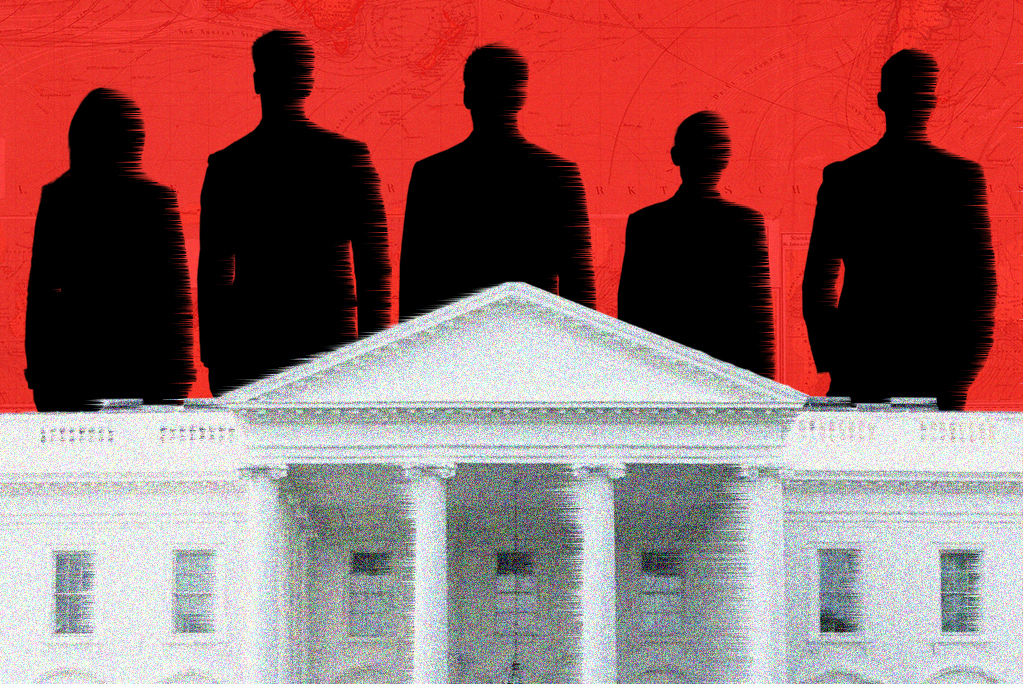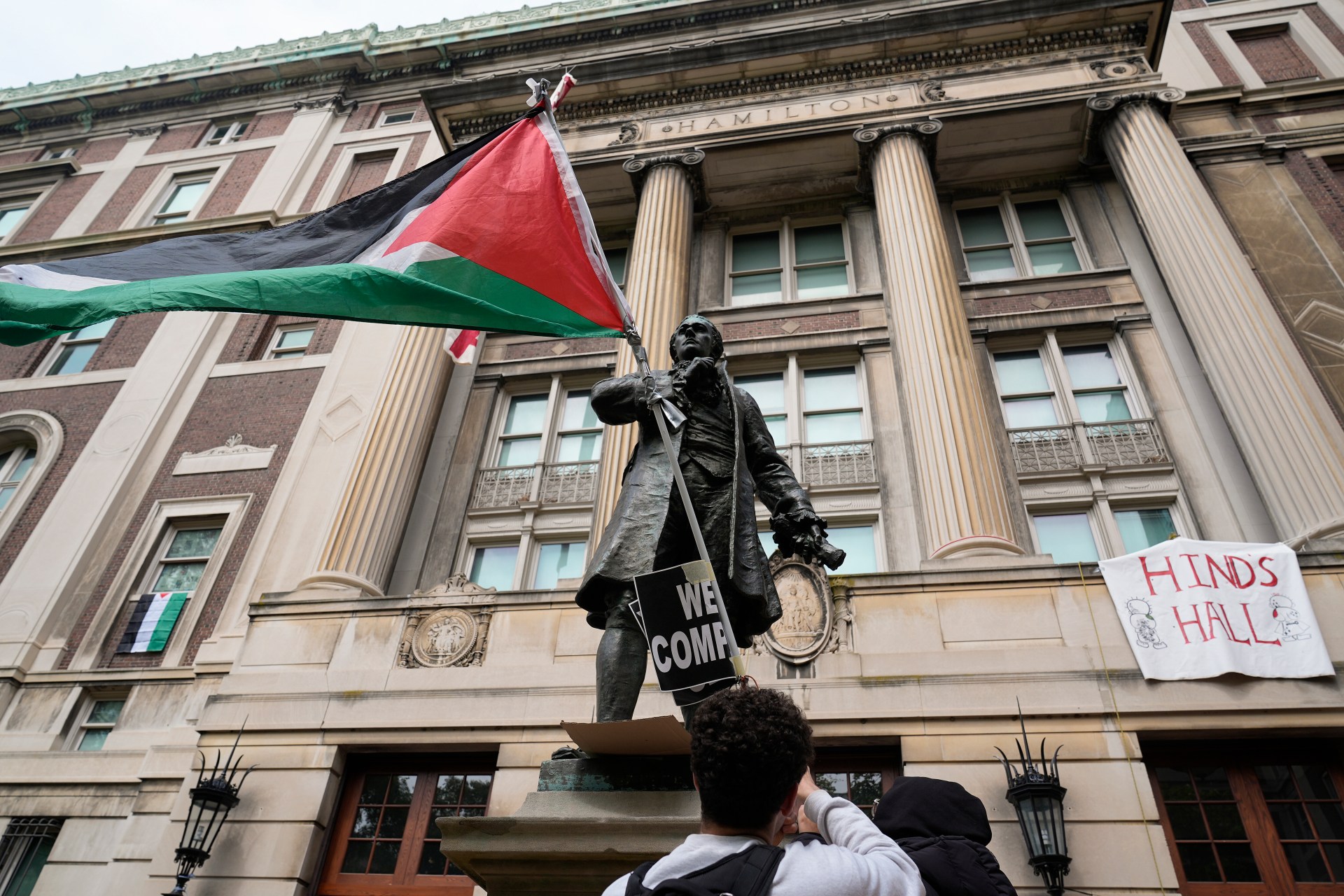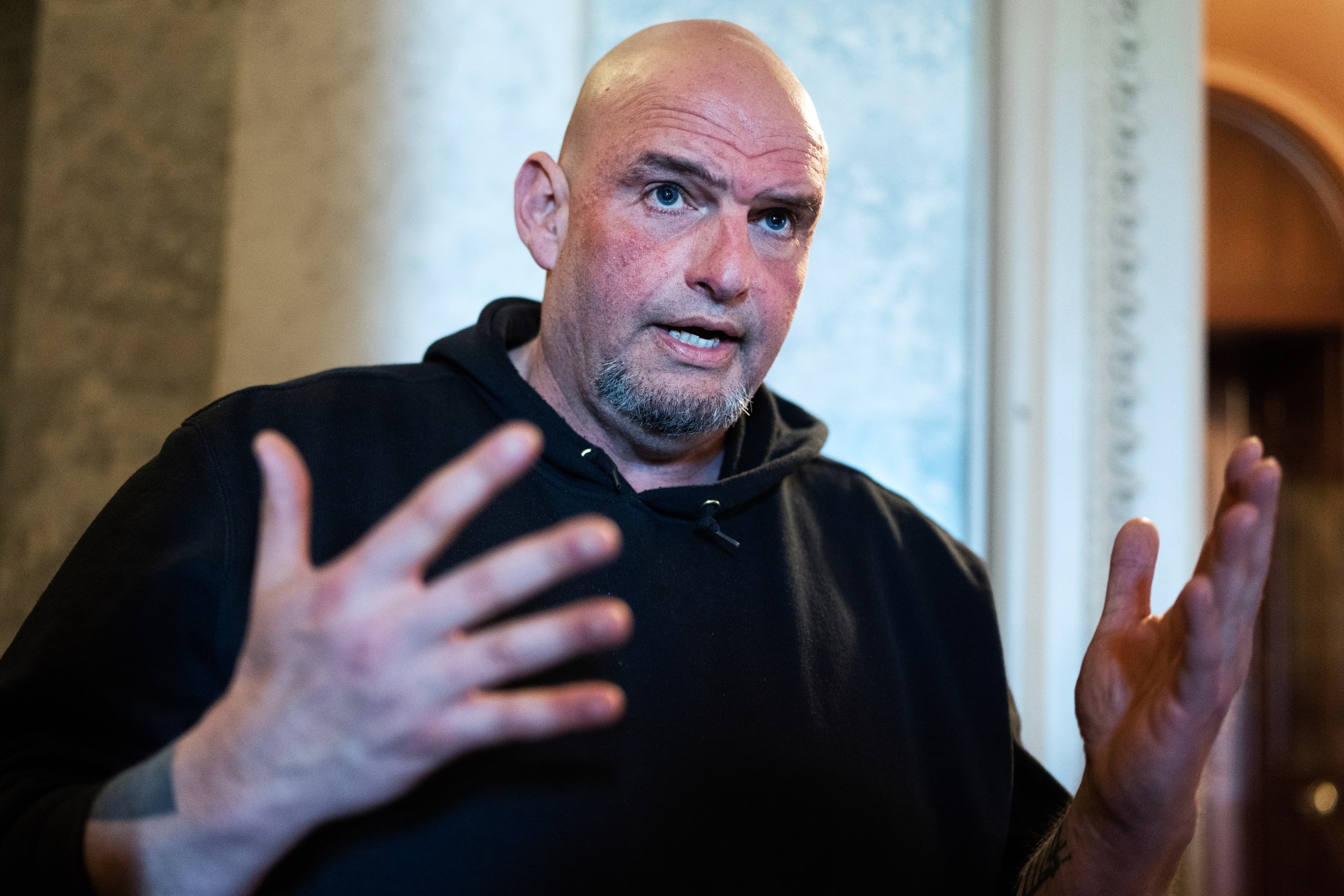As Donald Trump’s second administration passed the eight-week mark (on Monday, for those keeping count at home), the firehose of news gushing out of Washington, D.C., has made it plain—in case there was any doubt—that the 45th and 47th president of the United States seems as determined as ever to dominate the federal government, specifically, and American politics generally.
At The Dispatch, our charge is to take the broader view and not fall for the social media information trap. To that extent, I think we’ve succeeded, in that you haven’t, or won’t, find much in our digital pages on Trump’s tweets—er, Truth Social posts republished on X. But the news is the news, and there’s no denying that the president is making, or attempting to make, an untold number of consequential changes to the federal government and how it operates, both at home and abroad, to say nothing of trying to completely refashion the values governing American domestic and foreign policy. And so our news coverage and context-rich commentary is doing its best to keep track of it all for you.
This week, The Dispatch published a deeply reported piece by senior editor Michael Warren chronicling Trump’s overhaul of the government’s foreign policy apparatus, as well as a detailed dissection by John McCormack of the Trump administration’s efforts to bring Columbia University to heel over its failure to tamp down the antisemitic behavior of many of its students and faculty in the wake of Hamas’ October 7, 2023, terrorist attacks against Israel. If you’re so inclined, you can also check out my reporting on how farmers and manufacturers are dealing with Trump’s aggressive implementation of tariffs.
—David
Top Stories From The Dispatch Politics Team
Contrary to the anxiety roiling corporate C-suites across the country and business groups in Washington, D.C.—where opposition to Trump’s tariff strategy is rampant—farmers and manufacturers in the Midwest whose livelihoods rely on exports and imports seem generally supportive of the Trump administration’s early posture on trade. Agriculture and industry advocates in Michigan, North Dakota and Wisconsin—three states with economies powered by international trade—said they are willing to give the president time to deliver his promised “golden age of America.”
Republicans and conservatives who once dreamed that Donald Trump’s emergence on the scene was an aberration will have to grapple with another in a steady stream of hard truths: His reascension to the presidency is creating a new foreign policy establishment for the Republican Party. Out are any remaining Reaganites: conservatives who value strong, active, and strategic American leadership in the world. In are those dedicated to, for lack of a better term, a Tucker Carlson-ism of American retrenchment.
Earlier this month, the Trump administration’s Joint Task Force to Combat Anti-Semitism announced that it was cutting $400 million in federal grants and contracts to Columbia University “due to the school’s continued inaction in the face of persistent harassment of Jewish students.” The fight playing out now in Columbia could be replayed at dozens of other colleges where anti-Israel encampments and disruptions occurred since October 7, 2023. And it raises important legal questions—not only about whether Columbia and other universities ran afoul of the Civil Rights Act but also about whether the Trump administration’s attempts to enforce it are legal.
What led up to last week’s controversial Senate vote to fund the government? The fundamental choice Senate Democrats faced was to either vote for a Republican continuing resolution that they strongly opposed, or else bear the blame for shutting down the government.










Please note that we at The Dispatch hold ourselves, our work, and our commenters to a higher standard than other places on the internet. We welcome comments that foster genuine debate or discussion—including comments critical of us or our work—but responses that include ad hominem attacks on fellow Dispatch members or are intended to stoke fear and anger may be moderated.
With your membership, you only have the ability to comment on The Morning Dispatch articles. Consider upgrading to join the conversation everywhere.